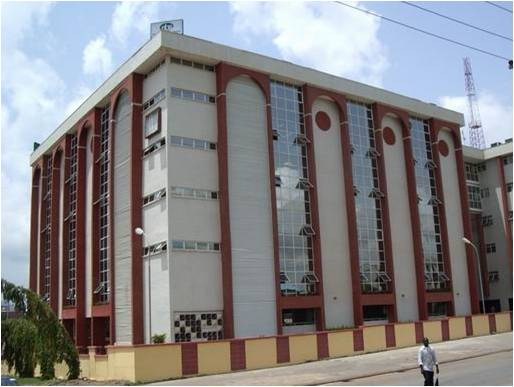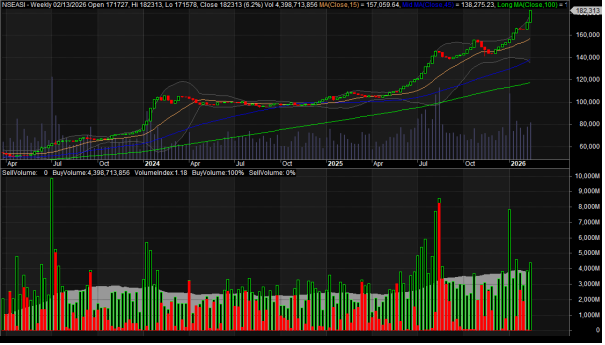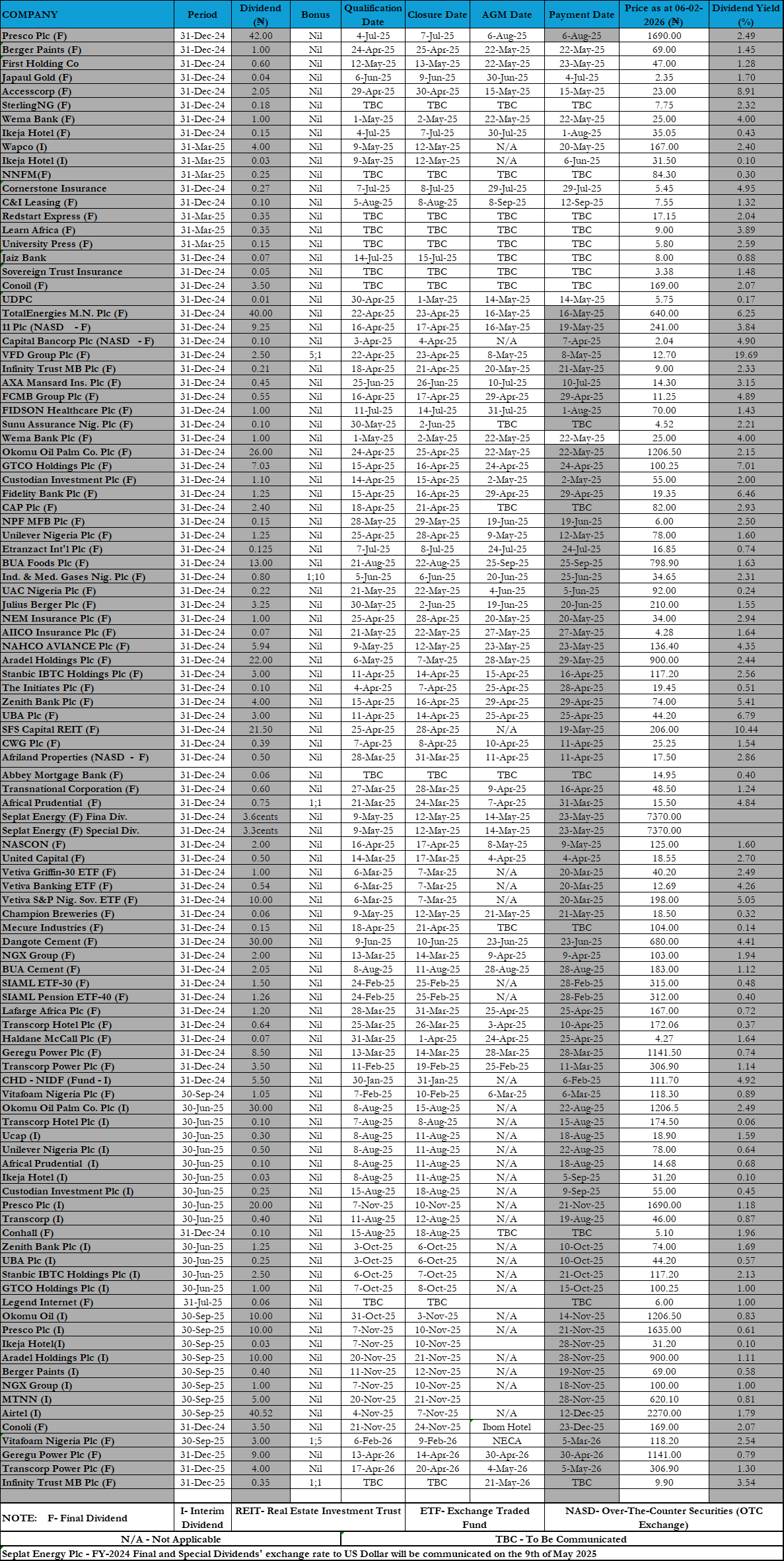
The National Bureau of Statistics (NBS), on Wednesday published capital importation data for the fourth quarter and full-year 2018, highpoint of which was the 60.24% year-on-year decrease from $5.28bn in the corresponding period of 2017, to $2.14bn between October and December last year.
The 2018Q4 figure represented a 25.05% decline from the previous quarter’s $2.85bn; just as at $16.812bn, Nigeria’s capital importation, which is the total value of capital imported into Nigeria for the period, rose 37.49% above the $12.228bn recorded in 2017.
Foreign direct investment amounted to $156.08m in the form of equity investment, dropping 70.59% quarter-on-quarter, it fell 58.69% YoY; other investment was $589.32m, a 61.4% drop YoY and 2.03% QoQ, boosted by the $571.48m in loans. Portfolio investment accounted for the balance, led by money market instruments which scooped $983.08m, which dropped 23.86% QoQ and 54.88% YoY. At $218.27m, equity investment dropped YoY by 77.94% and QoQ by 44.67%; just as investment in bonds stood at N$193.33m, a 415.88% QoQ slide and 77.94% decline YoY.
The largest amount of capital importation by type flowed in through Portfolio investment in 2018, amounting to $11.802bn, or 70.20% of total capital importation, followed by Other Investment, which accounted for $3.815bn, or 22.69% of total; and then Foreign Direct Investment FDI, which accounted for $1.194bn, or 7.11% of total capital imported in 2018.
“By sector, Capital importation by shares, closely related to Equity investment (FDI and Portfolio Investment) dominated 2018 reaching $10,425.18 of the total capital Importation in 2018,” the NBS report added.
Specifically, the bulk of FDIs came in via equity at $1.189bn, up by 21.4%; while portfolio investment was boosted by money market inflow of $8.472bn, rising 164.04% growth. It was followed by equity investments totaling $2.362bn, which dropped 35.04% from previous year, while bonds investments rose 100.23% to $966.82m. For the period also, other investment was boosted for the year by loans amounting to $3.522bn, rising by 11.32%; followed from afar by $284.75m in other claims, which fell 61.5%.
By sector for the entire year, investment in shares pooled $10.425bn; ahead of $2.022bn into the banking sector; just as $1.487bn went into financing; $1.297bn in the servicing sector and $670.85m was spent on production.
By origin, United Kingdom emerged top source of capital investment in Nigeria in 2018 with $6.007bn, representing 35.74% of the total capital inflow for the period; followed by the U.S from where $3.579bn; while South Africa recorded $1.152bn; United Arab Emirates, $937.195m; and Singapore, $780.87m.
Reacting to the report, analysts at Cordros Securities Ltd, expressed hope that there could be a resurgence in capital flows over 2019, helped by “a blend of a looser global monetary policy landscape, which should drive lower yields in the advanced market, weaker global growth, and possible trade deal between U.S and China, (that) will drive renewed demand for emerging market (EM) risk assets.
“On the domestic front, in the light of the clearer election direction, attractive equities market relative to peers, elevated yield environment, and the still stable and liquid FX market, we believe flows to naira assets will come in stronger going forward.
“In terms of the impact on the FX market, our prognosis suggests that as election jitters douse over the second half of the year, which will certainly act to lift portfolio inflows, we expect the CBN to scale back on its FX interventions, as the elevated level of autonomous inflows will ensure dollar liquidity surfeit. On balance, whilst we expect some speculative activities to drive a mild depreciation (2% – 4%) as the CBN remains on the defensive, we believe that the still lofty massive firepower of the apex bank will douse the question of a material devaluation as the year progresses,” it added.












